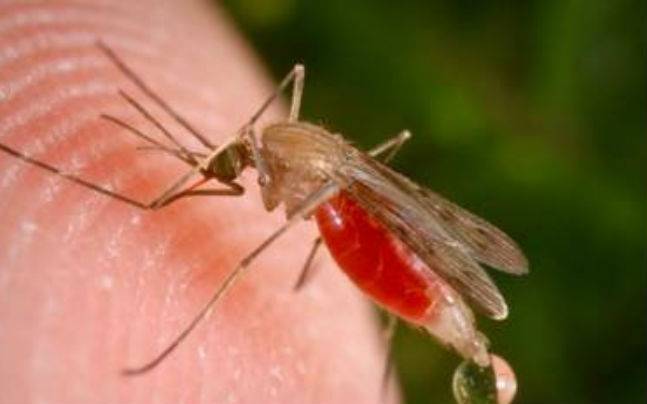At least 44 countries and one territory have been certified malaria-free, according to the World Health Organization (WHO), with many more steadily progressing toward this goal. Among the malaria-free nations is Cabo Verde, the third African country to eliminate malaria, marking a historic milestone. Other malaria-free countries include Egypt, Belize, Algeria, Maldives, Sri Lanka, Kyrgyzstan, Paraguay, Uzbekistan, Argentina, China, El Salvador, Azerbaijan, and Tajikistan.
WHO data indicates that since 2000, approximately 2.2 billion malaria cases and 12.7 million deaths have been averted globally. However, malaria remains a serious health threat, particularly in the WHO African Region. According to the latest World Malaria Report, there were an estimated 263 million malaria cases and 597,000 deaths worldwide in 2023. This represents an increase of about 11 million cases compared to 2022, with nearly the same number of deaths. Approximately 95% of malaria-related deaths occurred in the African Region, where many still lack access to services for prevention, detection, and treatment.
Out of the 83 malaria-endemic countries, 25 now report fewer than 10 malaria cases per year, up from just four countries in 2000. Since 2015, the WHO African Region has achieved a 16% reduction in malaria mortality rates. However, the estimated 2023 mortality rate of 52.4 deaths per 100,000 population remains far above the target level of 23 deaths per 100,000 set by the Global Technical Strategy for Malaria 2016-2030, signaling the need for accelerated progress.
In 2023, health ministers from 11 African countries—responsible for two-thirds of the global malaria burden—signed a declaration to reduce malaria sustainably and address its root causes. These countries include Burkina Faso, Cameroon, the Democratic Republic of the Congo, Ghana, Mali, Mozambique, Niger, Nigeria, Sudan, Tanzania, and Uganda. Their commitments involve strengthening national health systems, enhancing coordination, and making strategic use of information.
Increased political commitment, along with wider deployment of WHO-recommended tools, is driving progress in malaria-endemic regions. By December 2024, 17 countries had introduced malaria vaccines through routine childhood immunization, with the continued scale-up of these vaccines in Africa expected to save tens of thousands of young lives annually. Additionally, new-generation insecticide-treated nets, which provide improved protection against malaria, accounted for 78% of the 195 million nets delivered to sub-Saharan Africa in 2023, up from 59% in 2022.
Despite advancements, funding for malaria control remains insufficient, especially in high-burden African countries. In 2023, global funding for malaria control was estimated at US$ 4 billion, far short of the US$ 8.3 billion target set by the Global Technical Strategy. This shortfall has led to significant gaps in the provision of insecticide-treated nets, medicines, and other life-saving tools for vulnerable populations.
Malaria-endemic countries also face challenges such as fragile health systems, weak disease surveillance, and rising threats like drug and insecticide resistance. These challenges are further compounded by factors such as conflict, violence, natural disasters, climate change, and population displacement, which exacerbate health inequities. Vulnerable groups, including pregnant women, young children, Indigenous peoples, migrants, and those in remote areas with limited healthcare access, are disproportionately affected.
The 2023 World Malaria Report underscores the need for a more inclusive and effective response to protect those most vulnerable to malaria. WHO urges countries to prioritize primary healthcare as the foundation for equitable and efficient health systems, while addressing the root causes of malaria, including gender inequities and other social determinants of health. Investments in robust data systems to monitor health inequalities—such as collecting disaggregated data by sex, age, and social factors—are also essential. Equity, gender equality, and human rights should guide anti-malaria innovations, with affected communities playing a key role in designing and evaluating new tools and strategies.
“No one should die of malaria; yet the disease continues to disproportionately affect people in the African region, especially young children and pregnant women,” said Dr. Tedros Adhanom Ghebreyesus, WHO Director-General. “An expanded package of life-saving tools now offers better protection against the disease, but increased investments and action in high-burden African countries are needed to curb the threat.”








